Dr. Stephen Ellis on how iFR moves the ball forward
Physiologic assessment of lesions in the cath lab is well established as being superior to angiographic assessment for guiding percutaneous coronary intervention, yet adoption of physiologic assessment with the traditional fractional flow reserve (FFR) technique has been modest.
Advertisement
Cleveland Clinic is a non-profit academic medical center. Advertising on our site helps support our mission. We do not endorse non-Cleveland Clinic products or services. Policy
But two new trials of the recently developed physiologic index known as the instantaneous wave-free ratio (iFR) are likely to boost uptake of physiologic lesion assessment. Cleveland Clinic interventional cardiologist Stephen Ellis, MD, explains why in the 90-second video below.
For details of the trials mentioned by Dr. Ellis, see their full-length reports as published in New England Journal of Medicine (here and here) simultaneous with their presentation at the recent American College of Cardiology meeting.
Advertisement
Advertisement

A sampling of outcome and volume data from our Heart & Vascular Institute
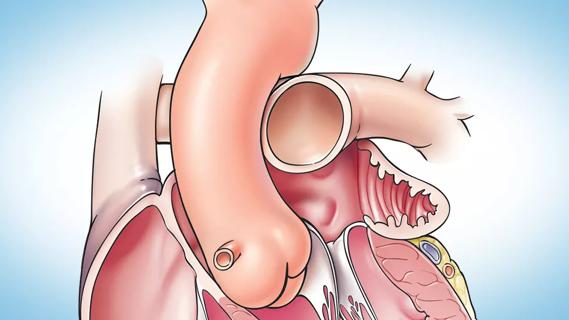
Concomitant AF ablation and LAA occlusion strongly endorsed during elective heart surgery

Large retrospective study supports its addition to BAV repair toolbox at expert centers
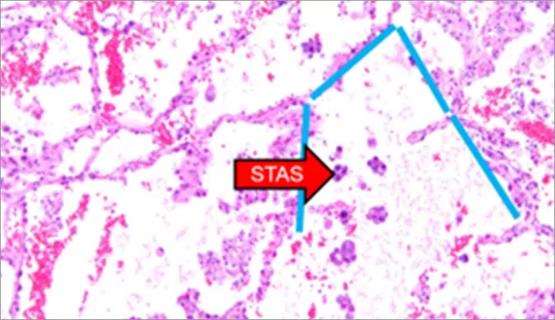
Young age, solid tumor, high uptake on PET and KRAS mutation signal risk, suggest need for lobectomy
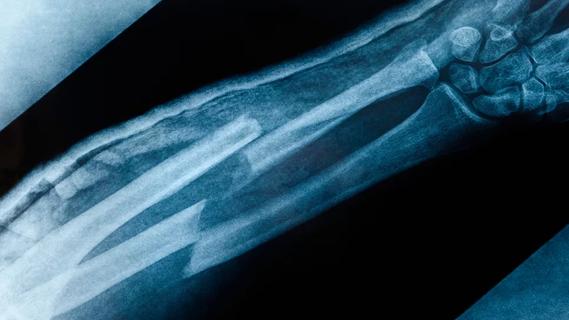
Surprise findings argue for caution about testosterone use in men at risk for fracture
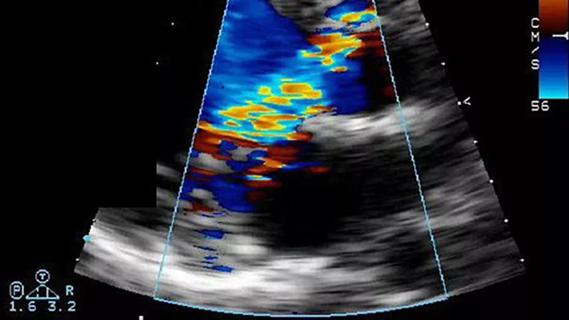
Residual AR related to severe preoperative AR increases risk of progression, need for reoperation

Findings support emphasis on markers of frailty related to, but not dependent on, age
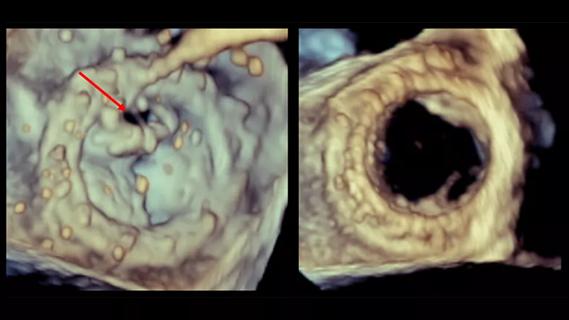
Provides option for patients previously deemed anatomically unsuitable